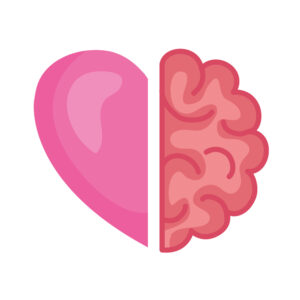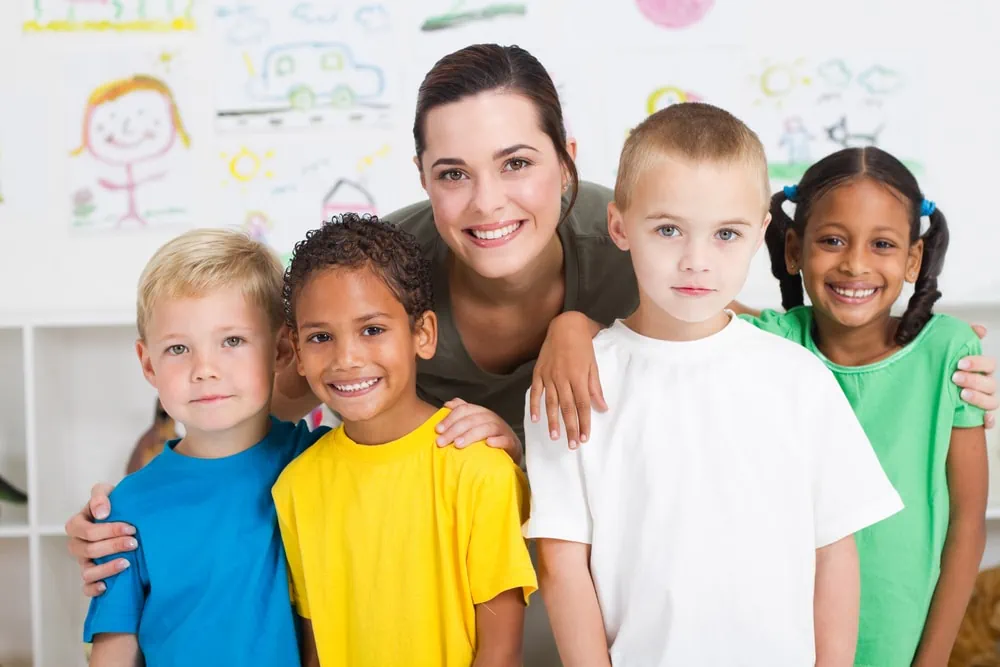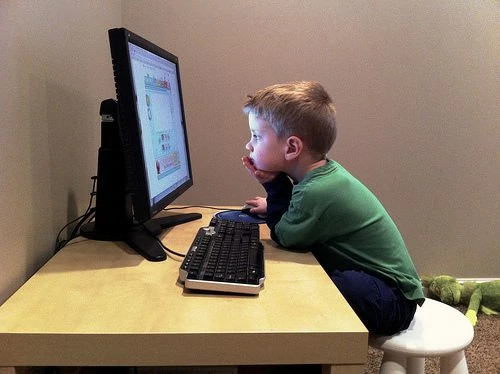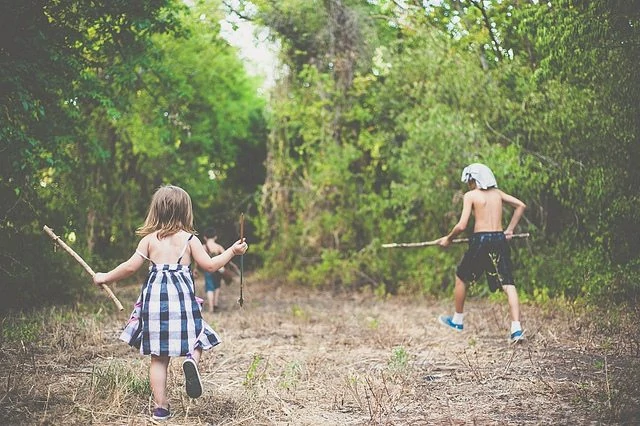Like any new technology, artificial intelligence is kind of…well…freaking out a lot of folks. We’re astonished by what it can do, yet scared of what it might wind up doing to us.
Still, plenty of us are forging ahead. Even many teachers are already turning to AI for help with generating lesson plans, emails, rubrics, and more. At the same time, about half express concern that AI may have a negative impact on teaching and learning.
Of course, there are all the valid concerns about students using it to do their homework for them. A good number of schools and districts have already banned Chat GPT and related tools.
But whether we like it or not, there’s no putting the genie back in the bottle. AI is here and will continue to develop into more robust and complex versions than many of us can even imagine today.
What Remains Out of AI’s Reach
With Siri in our pockets and Alexa in our homes, today’s students interact more with machines than ever before. But while AI excels at generating human-ish content and analytical feats, it falls short on wisdom.

While machines grow “smarter” at astonishing rates, human qualities like empathy, ethics and creativity remain firmly out of their reach. As AI proliferates, schools must double down on nurturing students’ socio-emotional development – teaching “how to be human” in an age of quasi-intelligent robots. The distinctly human skills of critical thinking, cooperation, and compassion become more vital than ever.
Fortunately, others in realms outside of education understand this, too. That includes the world of business that our students will one day move into.
“Human Skills Are the Most In-Demand Skills”
“While many are concerned AI could replace workers and technical tasks,” writes CASEL president and CEO Aaliyah A. Samuel, “it’s clear to us that these human skills are the most in-demand skills in the marketplace, and the need is not going away.
Already, business leaders consistently rank social and emotional skills such as self-awareness, conflict resolution and effective communication among the most valuable in prospective candidates. Scan the job postings for the top in-demand careers, and you’ll find that getting hired as a nurse, software developer or lawyer all require flexible problem solving, teamwork, self-discipline and a host of other foundational social and emotional skills.
By their very nature, social and emotional skills require human interactions that AI will never fully replicate. While AI may one day be able to display surface-level empathy and creativity, it cannot replace the deep introspection or meaningful connections that create successful teams and thriving workplaces.
Importantly, these kinds of “soft skills” – empathy, creativity, teamwork, problem solving, and the like – are skills that kids used to pick up mostly just by living life every day. Unstructured playtime was an opportunity for practicing those skills. Time working alongside Mom or Dad, or helping siblings with chores gave further opportunities for both practice and instruction. Formal activities such as school provided reinforcement.
Of course, we live in a very different world now.
While it can seem unfair to ask schools to take up the slack – the demands made on teachers are already a lot! – it’s arguably the best opportunity we have to make sure that each child can learn the skills that can help them not only navigate this brave new world but thrive in it as it continues to reveal both its wonders and challenges.
Using Yoga Calm to Meet Students’ Needs

Even if you opt not to integrate Yoga Calm with academic lessons, you can still easily put it to work during transitions or for “brain breaks” throughout the school day.
Not yet trained in Yoga Calm? You and your students can still reap the benefits with our video-based Empower program that combines mindful movement with SEL and science-based lessons about the brain and how it works.
The most important thing is that we attend to our students’ social and emotional development – something that’s just as important to their learning as to their ability to function in an AI-fueled world. For while technology can be amazing, it cannot replicate the things that make us human. The human is where genius lies.
After all, it wasn’t machines that developed artificial intelligence. That was us.





